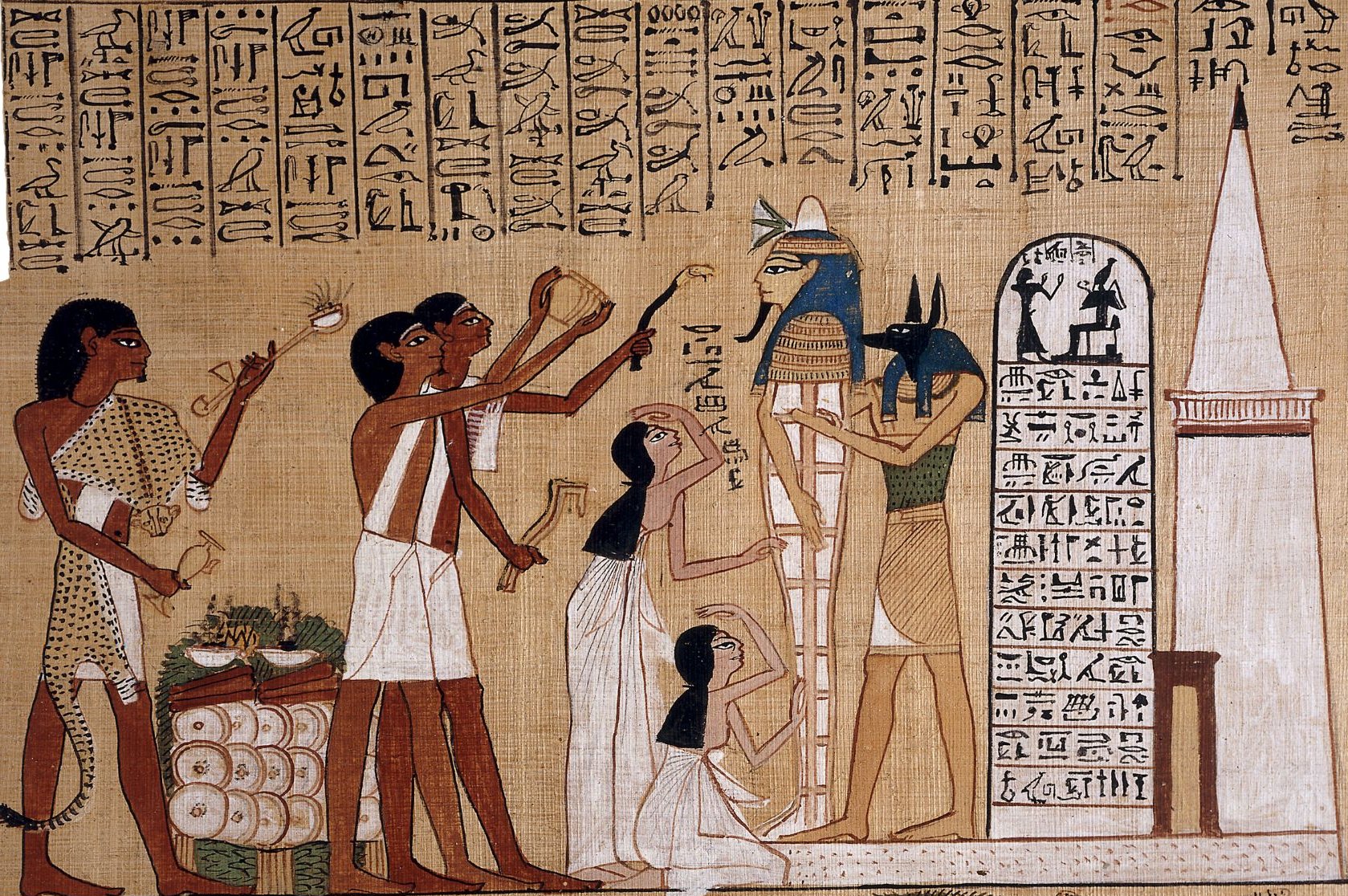quebec-oui.org – In the intricate and hierarchical society of ancient Egypt, scribes occupied a position of considerable importance and prestige. Among these scribes, the “Scribe of the Divine Words” held a unique and revered role. These individuals were not merely record-keepers or administrators; they were specialists in religious texts and rituals, playing a crucial role in the spiritual and cultural life of the civilization. This article delves into the world of the Scribe of the Divine Words, exploring their duties, training, and the significant impact they had on ancient Egyptian society.
The Role of the Scribe of the Divine Words
The Scribe of the Divine Words was responsible for copying, interpreting, and sometimes composing sacred texts and rituals. These texts included hymns, prayers, spells, and instructions for religious ceremonies, which were essential for maintaining the cosmic order (Ma’at) and ensuring the well-being of both the living and the dead. The scribes worked in temples, where they were involved in the daily rituals and festivals, and also in tombs, where they inscribed the walls with texts to guide the deceased through the afterlife.
Training and Skills
Becoming a Scribe of the Divine Words was no small feat. It required years of rigorous training in reading and writing hieroglyphs, the sacred script of ancient Egypt. Scribes were educated in schools attached to temples, where they learned not only the mechanics of writing but also the theological and philosophical concepts underpinning Egyptian religion. Mastery of the complex religious texts and rituals demanded a deep understanding of Egyptian mythology, cosmology, and the intricacies of the afterlife.
The Significance of the Scribe of the Divine Words
The role of the Scribe of the Divine Words was central to the religious and cultural life of ancient Egypt. Their work ensured the continuity of religious traditions and the preservation of sacred knowledge across generations. The scribes were essential intermediaries between the gods and humanity, their texts and rituals facilitating communication and maintaining the divine order that was fundamental to Egyptian society.
Moreover, the Scribe of the Divine Words played a crucial role in the construction and decoration of temples and tombs. The inscriptions they created were not merely decorative; they were believed to possess magical power, bringing the scenes and texts to life and ensuring the efficacy of the rituals performed within these sacred spaces.
Legacy
The legacy of the Scribe of the Divine Words is evident in the wealth of religious texts and inscriptions that have survived to this day. These artifacts provide invaluable insights into the beliefs, rituals, and daily life of ancient Egyptians. The meticulous work of these scribes has allowed modern scholars to piece together the complex tapestry of Egyptian religion and culture, highlighting the enduring impact of their contributions.
In conclusion, the Scribe of the Divine Words was more than just a copyist; they were a guardian of sacred knowledge and a vital link in the transmission of religious traditions in ancient Egypt. Their role underscores the profound interconnection between religion, culture, and daily life in this remarkable civilization, leaving a legacy that continues to fascinate and inspire.
